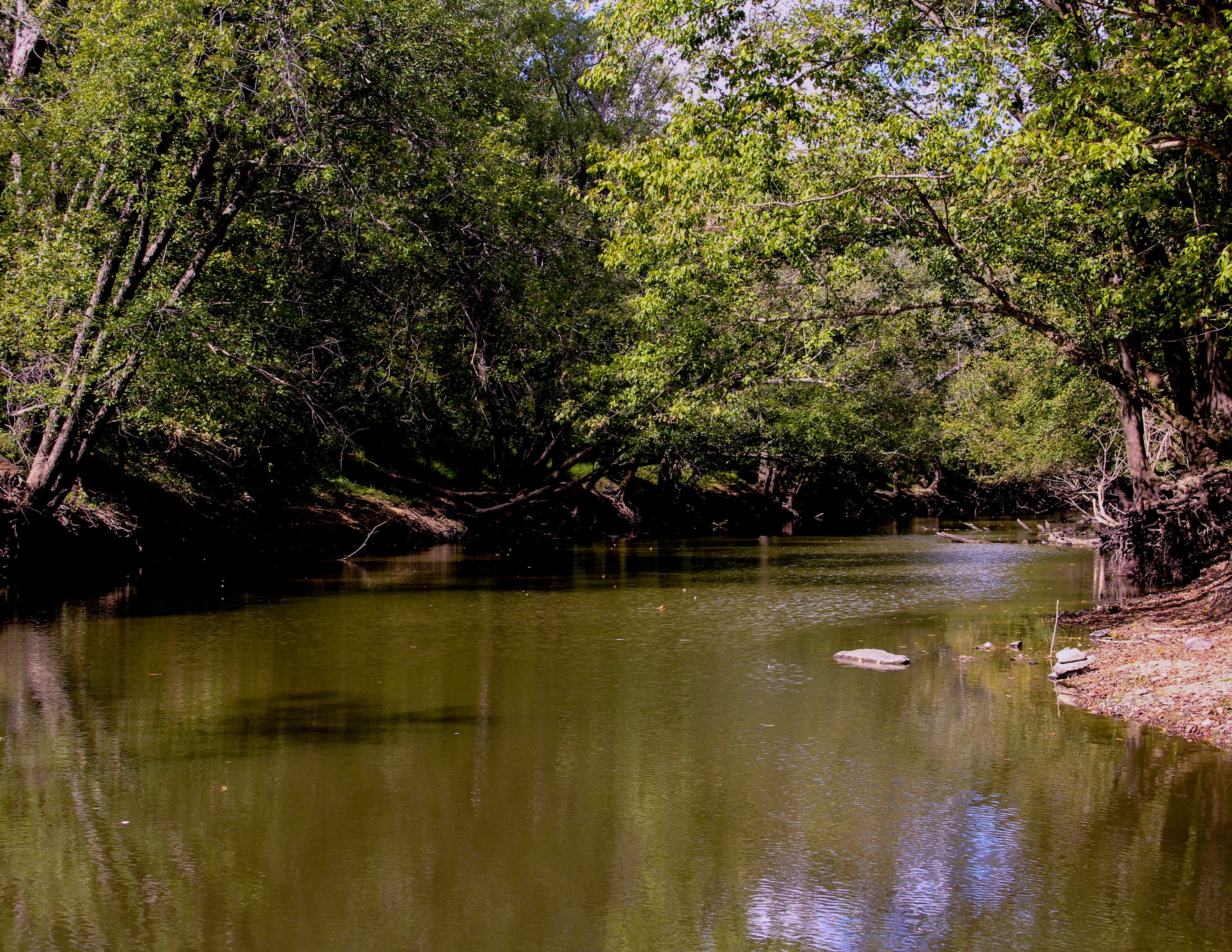A Strategic Vision for Water in Kentucky
The Vision
- Kentucky must have a sound water management strategy benefitting all Kentuckians and avoid pitting urban and rural communities against one another during times of drought.
- Better water
 management benefits all businesses, all industries and, ultimately, all Kentuckians.
management benefits all businesses, all industries and, ultimately, all Kentuckians. - In addition to education, workforce, tax dollars, and infrastructure, water is a major consideration when potential industry looks to move into a state. Development of resilient water resources for Kentucky’s future will pay huge dividends economically for the Commonwealth.
- None of us can survive without a safe, plentiful water supply.
- By proactively developing solutions to potential water issues, we stand a much better chance avoiding a crisis, such as drought conditions, than trying to react once it has occurred.Staying focused on sound water resource development policy and strategy is good for all of Kentuckians during this General Assembly Session.
- Refining our water resources, development of new water resources, implementing water-use efficiency practices, and developing a strategy for making Kentucky’s water resources more resilient will ensure Kentucky’s continued economic growth.
- Addressing water issues is a partnership at both the state and federal levels.
- Development of an effective water strategy in Kentucky, done right with sound planning and accountability, will transcend administrations.The timing is right to be proactive in doing things collectively and to establish projects enabling farmers to see firsthand the opportunities in capturing water to use on the farm and alleviate some of the pressures between rural and urban communities on water demands.
- Any dollars allocated must be very focused on the overall strategy and objective to create water resiliency for the future.
- Funding efforts are about seeking “seed” dollars and startup funding for well-developed water resource projects that can be easily replicated across a wide geography and circumstances. This is not about establishing legacy funding for a program.
- As we continue to diversify Kentucky agriculture the importance of addressing the Commonwealth water resources is critical.
Water Resources Board
- The Kentucky Farm Bureau Water Management Working Group was established in 2014 to gather information about Kentucky’s existing water resources and develop a strategy to ensure the resiliency of Kentucky’s water resources.
- The Water Management Working Group recommended the creation of the Kentucky Water Resources Board.
- The Kentucky General Assembly unanimously approved House Bill 529 in 2016, thus establishing the Water Resources Board.
- The goal of the Water Resources Board is to provide agriculture with more resilient water resources that will supplement existing water resources and not place a burden on municipal resources during periods of drought.
Precipitation and Drought
- Kentucky averages roughly 45 inches of precipitation per year.
- In Kentucky, much of that precipitation comes at times outside of normal crop production.
- Kentucky generally experiences periods of lower precipitation during July and August.
- Kentucky has experienced some degree of drought conditions nearly every year since 1900.
- Kentucky has had 14 major droughts since 1900.
- Farmers recognize that the use of water for humans comes first during times of drought.
Water Use for Agriculture
- Kentucky has greatly expanded access to treated water over the past several decades with many farms connecting to municipal water resources, especially for livestock use.

- Many rural areas of Kentucky still struggle for ready access to consistent water resources.
- Not all rural communities are served by municipal water, or are near a treatment facility.
- Kentucky’s cattle herd is the largest east of the Mississippi River at between 1.2 and 1.3 million head. Many livestock and poultry producers water their animals from municipal water sources.
- Some municipal water facilities in rural communities are near their maximum treatment capacity.
- Water needs for agriculture must be proactively managed to allow farmers to continue their operations, address crop needs, and not liquidate herds or flocks.
- We are currently in the time when we have ample water supplies, but we are not currently capturing water for future use.
